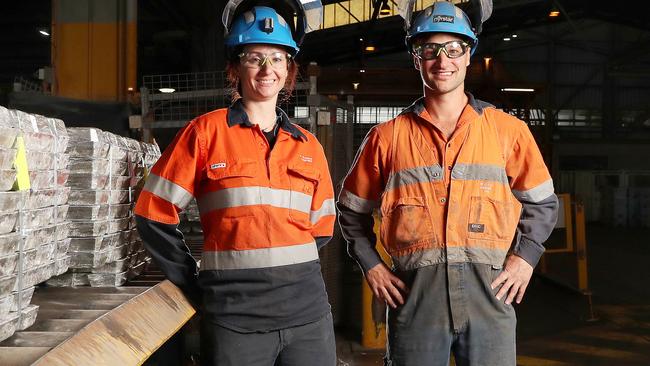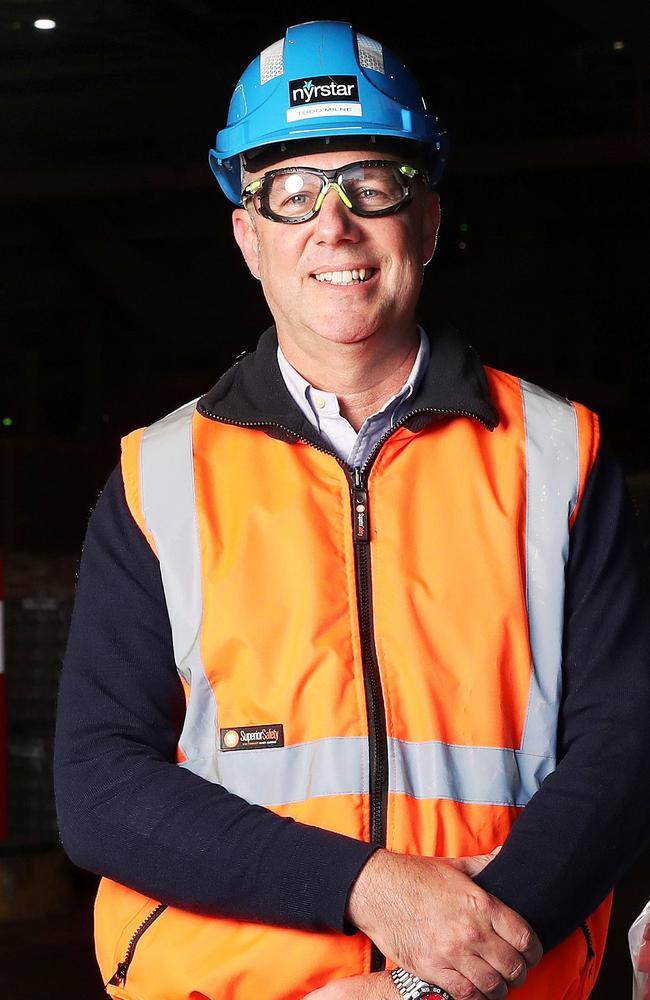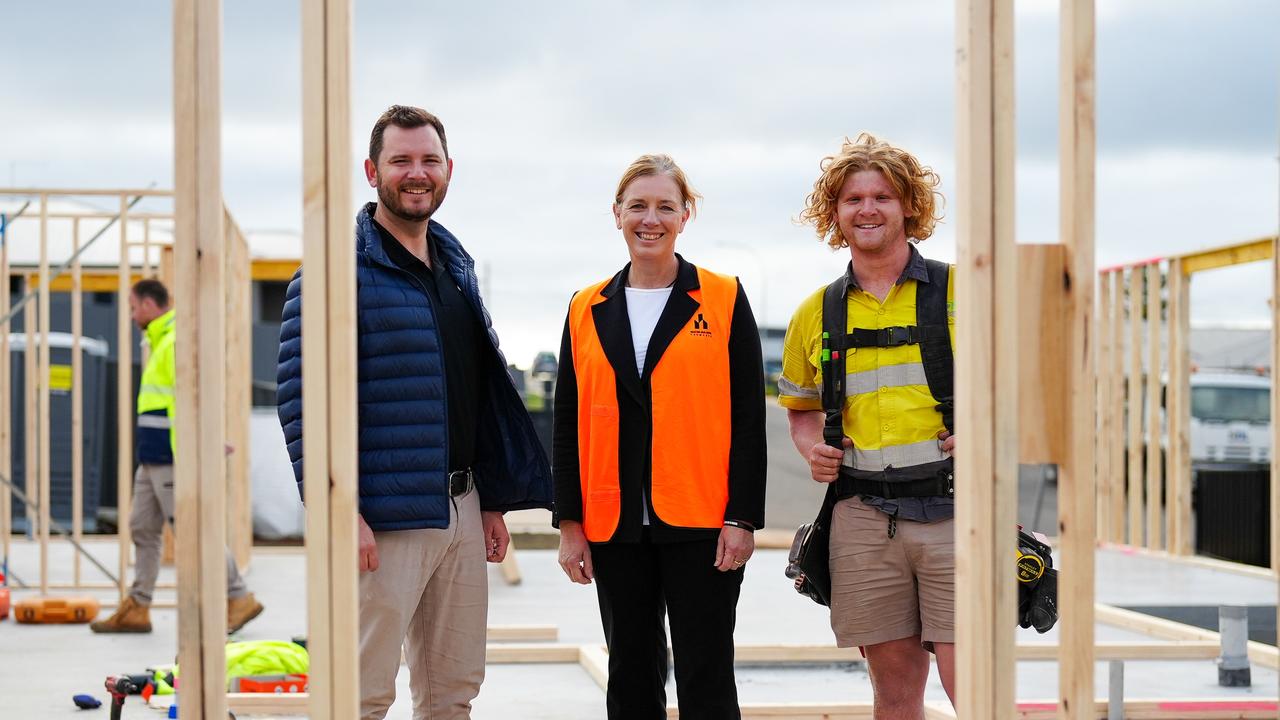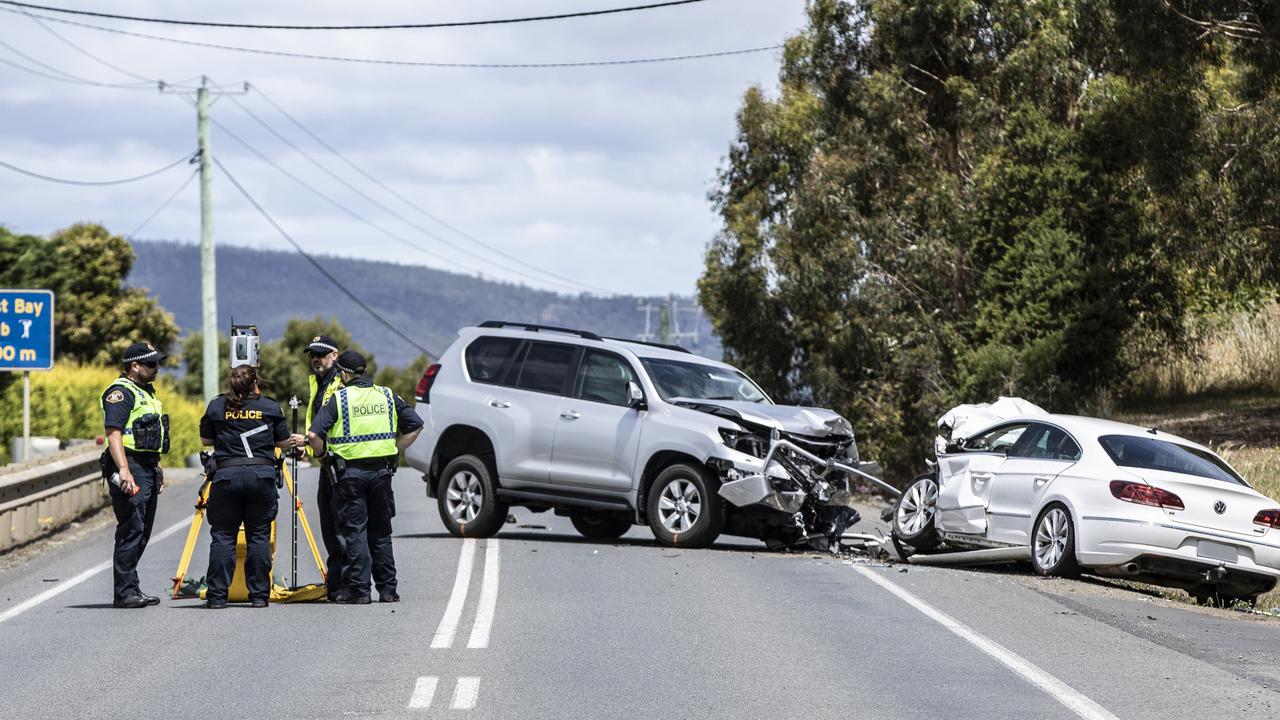Nyrstar: Incoming GM Todd Milne says zinc should be critical mineral
A suite of new investment opportunities and project facilitation would open up to Hobart’s century-old zinc smelter if the lead of other countries was taken, Nyrstar’s incoming GM says.
Future Tasmania
Don't miss out on the headlines from Future Tasmania. Followed categories will be added to My News.
Incoming Nyrstar general manager Todd Milne has called on the Australian government to list zinc as a critical mineral, warning of a potential supply chain risk if its strategic importance is not sufficiently recognised.
Zinc is included on a number of other countries’ critical mineral lists – including the United States’ and Canada’s – but does not appear on Australia’s list of 26 critical minerals.
Mr Milne, who starts in the general manager role in April, said this needed to be rectified.
“The zinc that we make in Hobart is critical to the world, because it’s used in making products that reduce emissions like wind farms, solar infrastructure and batteries,” he said.
“According to global forecasts, the world needs increased production of aluminium, copper and zinc to build wind and solar farms.
“This makes the availability of metal, or lack of, a threat to this energy transition.”
Mr Milne, who has lived in Tasmania for the past 20 years and has worked across numerous roles within Nyrstar for 15 of those, said risks to critical mineral supply chains could arise when production or processing was “dominated by individual countries or companies that could limit availability”.
Australia’s critical mineral list highlights priority critical minerals and is based on factors including global technology needs, particularly in relation to electrification, advanced manufacturing and defence.

The critical minerals on the list benefit from project facilitation support and increased engagement and investment from the federal government.
Looking ahead, Mr Milne said Hobart’s zinc works would be “well-positioned for the future”, as long as it continued to make the most of the “unique opportunities” before it.
He acknowledged the environmental impacts of the zinc works’ early operations, particularly the effect they had on the health of the Derwent River, but stressed that sustainability and environmental performance would be key focuses for him moving forward.
Nyrstar has cut its global carbon emissions in half over the past three years and there have been major investments in initiatives to lessen the zinc works’ environmental impact in recent times, including groundwater improvement projects – however, Mr Milne said there was “always more work we can do”.

“Tasmania is a fantastic place to site a facility such as ours. Combining modern regulatory standards with Tasmania’s renewable energy resources can enable us to make zinc sustainably and responsibly,” he said.
“Despite the challenges we face, the current and next generation of talented Tasmanians can shape this future and, in doing so, help make the zinc the world needs to decarbonise. One thing we certainly have going for us in this effort is the skilled and dedicated workforce I’m proud to be part of.”
Mr Milne also said there were other critical minerals in the zinc works’ “system”; rare and unique minerals “needed for renewables and [that] are in short supply”.
“The next generation of Tasmanians have an opportunity to not only refine a future-facing metal like zinc but to be part of exploring other critical minerals that Australia and the world needs,” he said.




